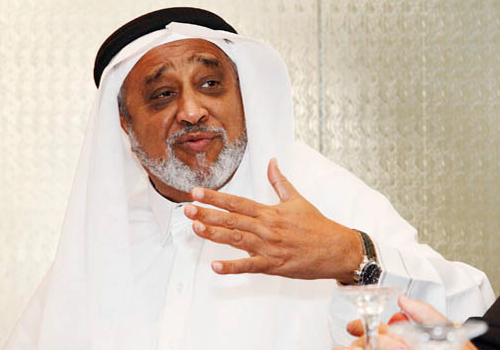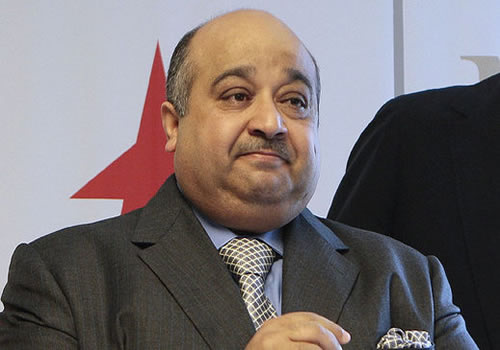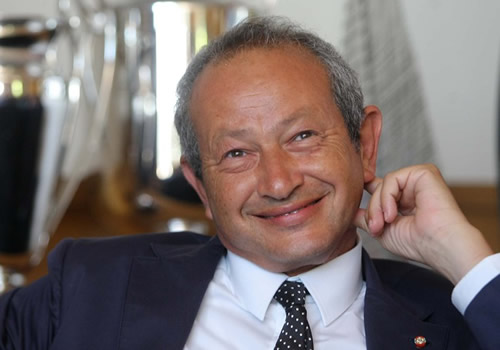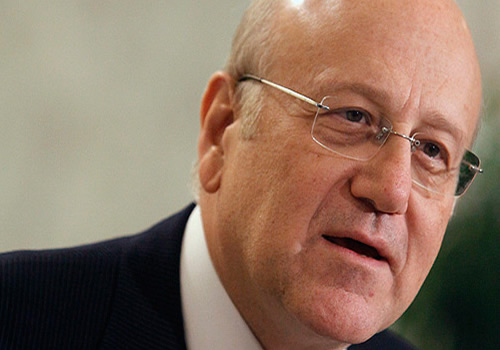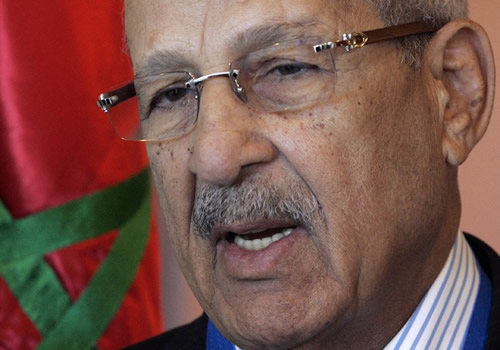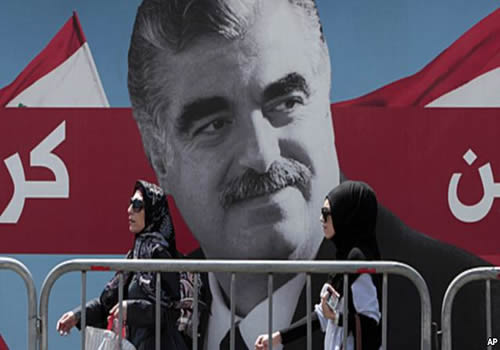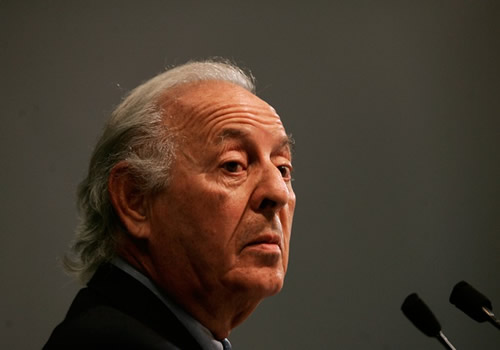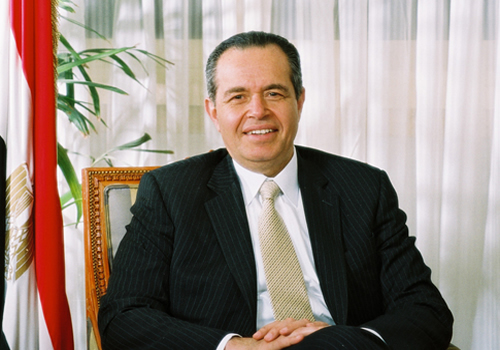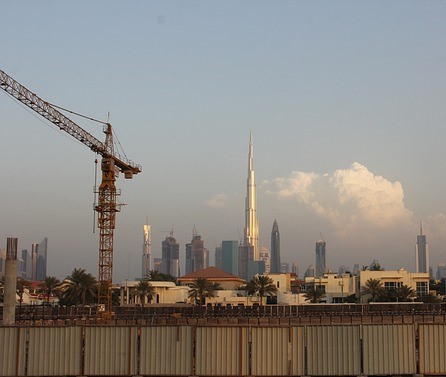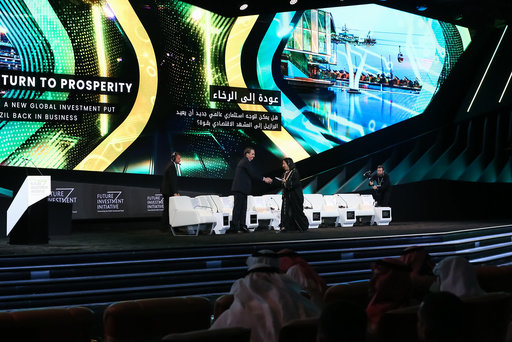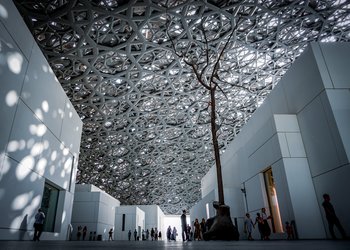Mapping philantropic activities of the Arab World's billionaires
- There are 36 billionaires in the Arab World, excluding royal family
- They have an average networth of $3.4bn
In 2010, Berkshire Hathaway CEO Warren Buffet and Microsoft co-founder Bill Gates established the Giving Pledge to persuade American billionaires to donate at least half their wealth to philanthropy or charitable causes either during their lifetime or after their death. While the initial focus is on the wealthiest families and individuals in the United States, there is consideration to extend the Giving Pledge globally.
A total of 81 American billionaires, representing close to 20% of US billionaires, are signatories to the Giving Pledge which amounts to promises to philanthropy estimated at $125 billion.
Many of the signatories amassed their wealth through entrepreneurship that had a transformative impact on the business world. Through their philanthropic activities, they seek a social impact. The underlying goal of the Giving Pledge is to engage American billionaires in an open way to mobilize more money for philanthropic causes which target particular issues of global concern and increase the efficiency of how social investments are deployed.
While there have been some notable philanthropic donations (such as Sheikh Mohammed’s $10 billion endowment of his namesake foundation the Mohammed bin Rashid Al Maktoum Foundation in 2007) and strategic philanthropy has entered the agenda, no similar initiative to the Giving Pledge exists in the Arab World.
The Forbes Middle East’s Arab billionaires ranking includes 36 individuals, a number which is understated since the list does not include members of royal families, with a net worth estimated in the range of $120 billion.
Assuming a similar volume of Arab billionaires signed a pledge to donate their wealth to philanthropy, an estimated $24 billion would be mobilized (based on an average Arab billionaire net worth of $3.4 billion). This raises an interesting question – what are Arab billionaires doing to contribute to the development of the Arab World through philanthropy? In this post, we review the Forbes Middle East’s Arab billionaires ranking to see how Arab billionaires based in the region are giving back to the region.
There has been a shift from charity to strategic philanthropy, targeting deeper, societal issues.
Learn more about our Social Sector Strategy here.
| Forbes Rank 2012 | Name | Nationality | Net Worth (in billions) | Background | Causes |
|---|---|---|---|---|---|
| 3 | Mohammed Hussein Al Amoudi | KSA | $12.5 | Corral Petroleum Holdings and MIDROC | Heathcare, R&D |
| 4 | Mohamed Bin Issa Al Jaber | KSA | $7.0 | MBI International & Partners | Higher education, cultural understanding |
| 6,7,10 | Sawaris Family | Egypt | $11.1 | Orascom Group | Employment creation and training, microfinance, health, community development |
| 8,9 | Mikati Family | Lebanon | $6.0 | Investcom | Health, nutrition, social, educational, cultural and social services |
| 11 | Miloud Chaabi | Morocco | $2.9 | Ynna Holding, Riad Mogador, Aswak Assalam | Health, education, social services, culture, sport, and environmental issues |
| 12 | Abdul Aziz Al Ghurair | UAE | $2.9 | Mashreq Bank | Education, microfinance, sports, youth |
| 13,22,33,34 | Hariri Family | Lebanon | $6.8 | Saudi Oger | Education, health, training, social services, culture |
| 15 | Othman Benjelloun | Morocco | $2.3 | RMA Watanya, BMCE Bank | Early education quality, rural education |
| 21,24,29 | Mansour Family | Egypt | $4.8 | Mansour Group | Education, illiteracy, poverty, microfinance, health |
Mohammed Hussein Al Amoudi
Al Amoudi has funded several research centers and academic chairs and pledged $20 million to the William J. Clinton Foundation to combat AIDS.
Mohamed Bin Issa Al Jaber
The MBI Al Jaber Foundation is a UK registered charity that provides scholarships to graduate students from the Arab region and sponsors educational and cultural projects.
Sawaris Family
The Sawiris Foundation for Social Development is an Egyptian charity organization established in 2001 that supports initiatives that encourage job creation through training, education, and access to microcredit.
Mikati Family
The Azm wa Saade Association is a Lebanese non-governmental organization founded in 1988 that focuses on issue related to health, nutrition, education, culture, and social services.
Miloud Chaabi
Chaabi donated 10% of his fortune to build the first American university in Morocco. The Miloud Chaabi Foundation supports activities in in the areas of health, education, social services, culture, sport, and environmental issues.
Abdul Aziz Al Ghurair
Al Ghurair sits on the Board of Directors of Emirates Foundation, UAE Higher Colleges of Technology. He is also a supporter of UNICEF, UNESCO, Planet Finance, and the UAE Disabled Sports Federation.
Hariri Family
The late Rafic Hariri established the Hariri Foundation in 1979, which has helped over 34,000 Lebanese students, attend universities globally. The Foundation also operates schools, clinics, a university, and technical institutes, provides health and social services.
Othman Benjelloun
Benjelloun’s BMCE Bank Foundation works in the field of education focusing on quality and rural accessibility.
Mansour Family
The Mansour Family is linked with two social sector organizations: Established in 2003, Lead is a non-profit NGO that provides poor and low-income entrepreneurs with microfinance services. The Mansour Charity Foundation, founded in 2001, was the first donor NGO to be fully funded by an Egyptian family.
















